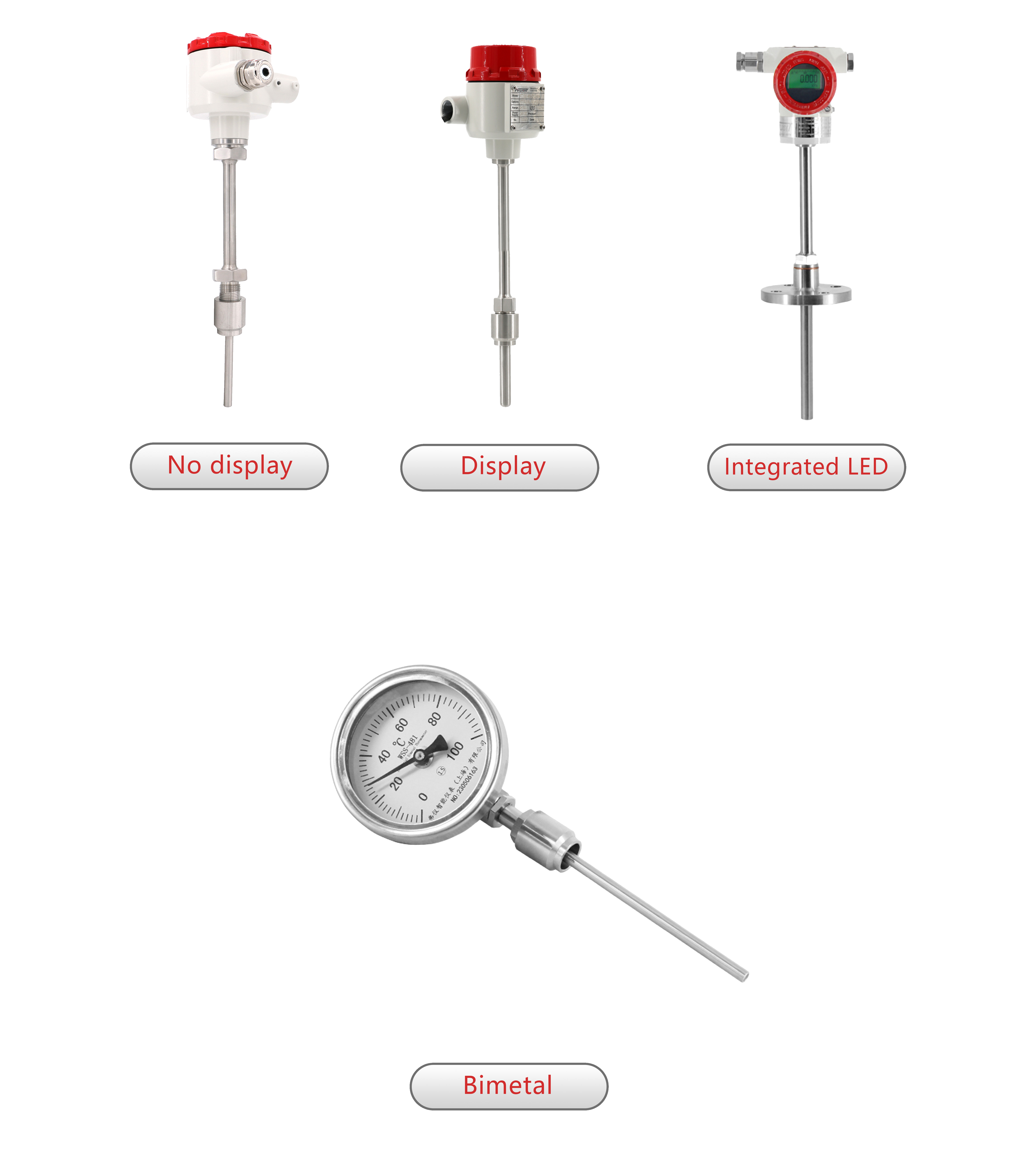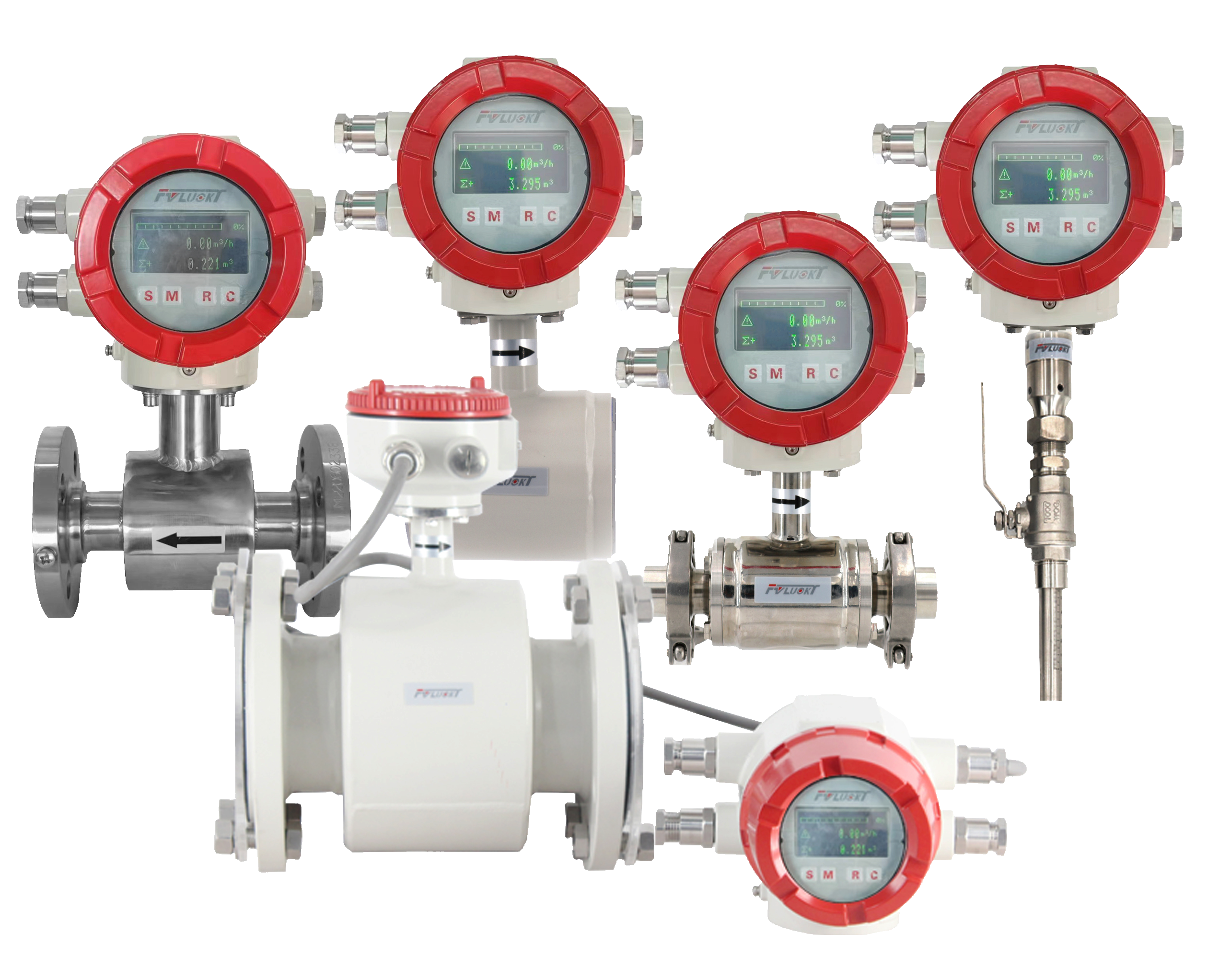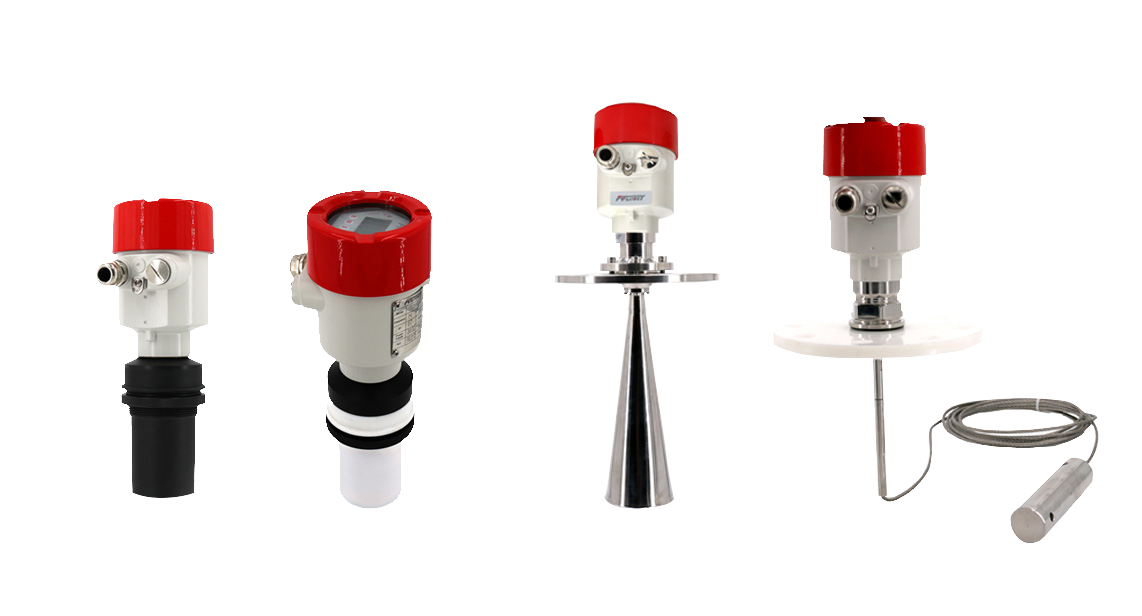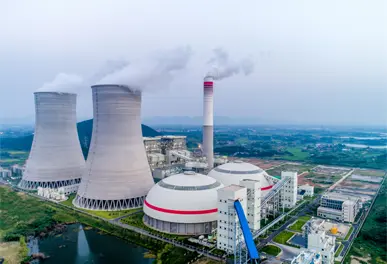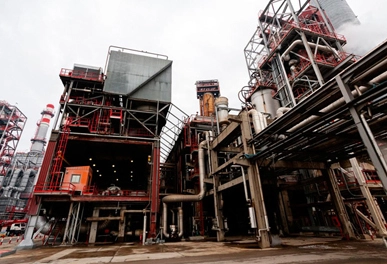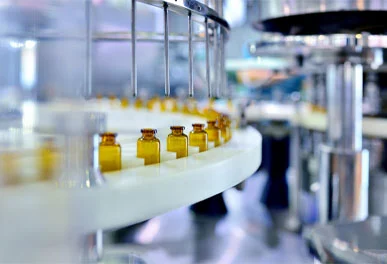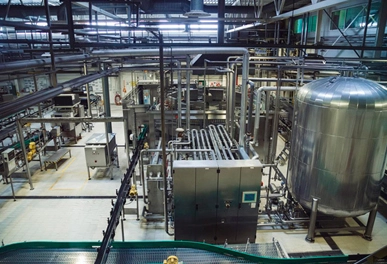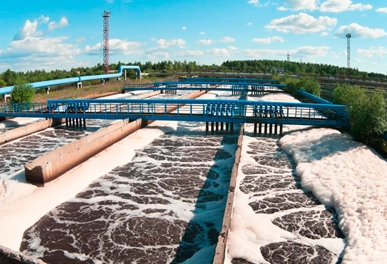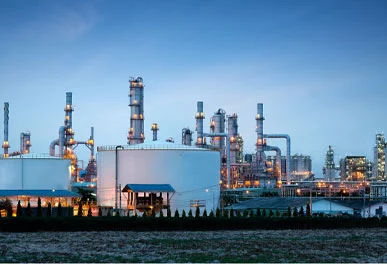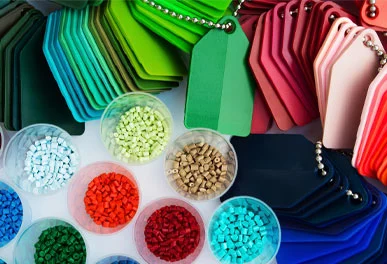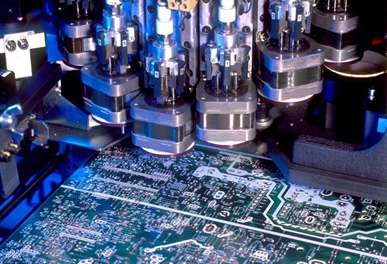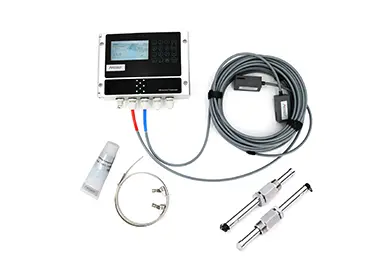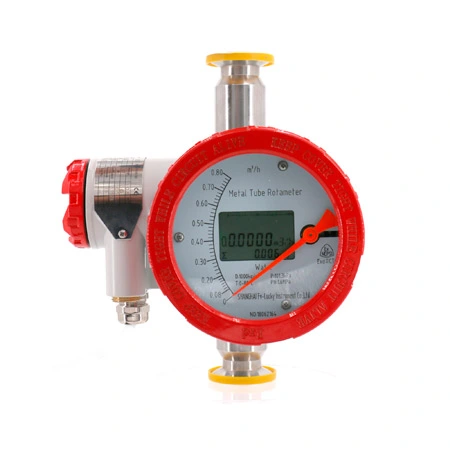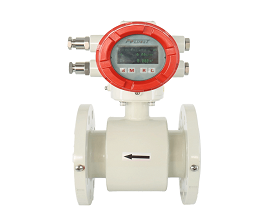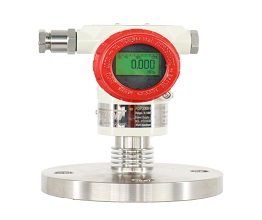The fine chemical industry, which produces chemicals by complex, multi-step syntheses, requires precise control and monitoring to ensure product quality, efficiency, and safety. Field chemistry measuring instruments and chemistry measuring devices are indispensable in this sector, playing critical roles in various stages of production. Here’s an overview of key instruments used in the fine chemical industry, organized under five subheadings:
1. Temperature Measurement and Control
Thermocouples and RTDs (Resistance Temperature Detectors): These chemistry measuring devicesare essential for precise temperature monitoring and control in reactors, distillation columns, and other critical equipment. Accurate temperature control is vital for ensuring the desired chemical reactions occur efficiently and safely.
Infrared Cameras: Used for non-contact temperature measurements, infrared cameras can detect hot spots and temperature gradients in chemistry measuring equipment, helping to prevent overheating and ensuring uniform temperature distribution.
2. Pressure Measurement and Regulation
Pressure Transmitters: These chemistry measuring devices measure the pressure within reactors, pipelines, and storage tanks. Maintaining appropriate pressure levels is crucial for reaction kinetics and for preventing leaks or explosions in processes involving volatile chemicals.
Vacuum Gauges: In processes that require vacuum conditions, such as distillations and drying, vacuum gauges are used to monitor and control the vacuum level, ensuring optimal conditions for these sensitive operations.
3. Flow and Level Monitoring
Flow Meters: Different types of flow meters, including mass flow meters, ultrasonic, and Coriolis flow meters, are used to measure the flow rate of liquids and gases. Accurate flow measurement is critical for dosing, mixing, and transferring materials.
Level Sensors: Technologies such as ultrasonic, radar, and capacitance sensors monitor the level of liquids and solids in tanks and silos. The use of chemistry measuring devices for proper level monitoring is vital for inventory management, effectively preventing overfills and material shortages.
4. Analytical and Quality Control Instruments
Gas Chromatography (GC) and Mass Spectrometry (MS): These analytical techniques are used for the separation, identification, and quantification of chemical compounds. These chemistry measuring instruments are crucial for quality control, ensuring that products meet purity specifications.
pH Meters and Conductivity Sensors: Monitoring the pH and conductivity of solutions is important in many chemical synthesis processes, affecting reaction rates and product quality. These chemistry measuring instruments help maintain optimal conditions for reactions.
Spectrophotometers: The chemistry measuring devices are used for measuring the absorbance of light by chemical solutions, spectrophotometers are essential for color analysis and concentration determination of products and intermediates.
5. Safety and Environmental Monitoring
Gas Detectors: These chemistry measuring devices detect the presence of toxic or explosive gases, ensuring the safety of the workplace. The chemistry measuring instruments are critical in areas where volatile organic compounds (VOCs) or hazardous gases are used or produced.
Dust and Particulate Monitors: Monitoring the concentration of dust and particulates is important for worker safety and environmental compliance, especially in processes that generate fine powders or aerosols.
Effluent Monitoring Systems: These systems monitor the chemical composition of wastewater and emissions, ensuring that the plant complies with environmental regulations and minimizes its ecological impact.
Conclusion
In the fine chemical industry, the precise control and monitoring of production processes are crucial for ensuring product quality, efficiency, and safety. The deployment of advanced field instruments and chemistry measuring devices facilitates these objectives, enabling manufacturers to meet stringent specifications and regulatory requirements while optimizing production and minimizing environmental impact.

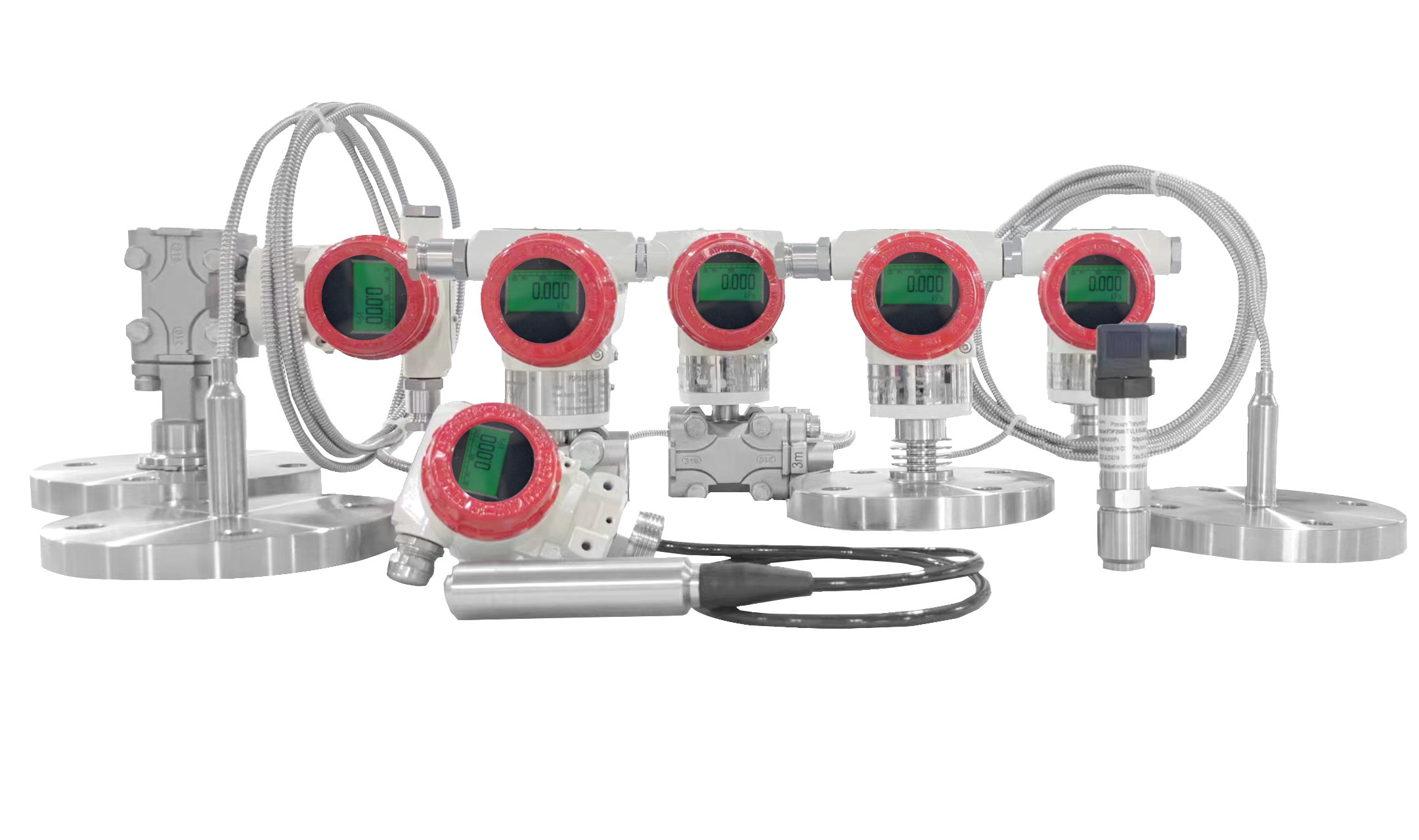 Smart Pressure Transmitters
Smart Pressure Transmitters